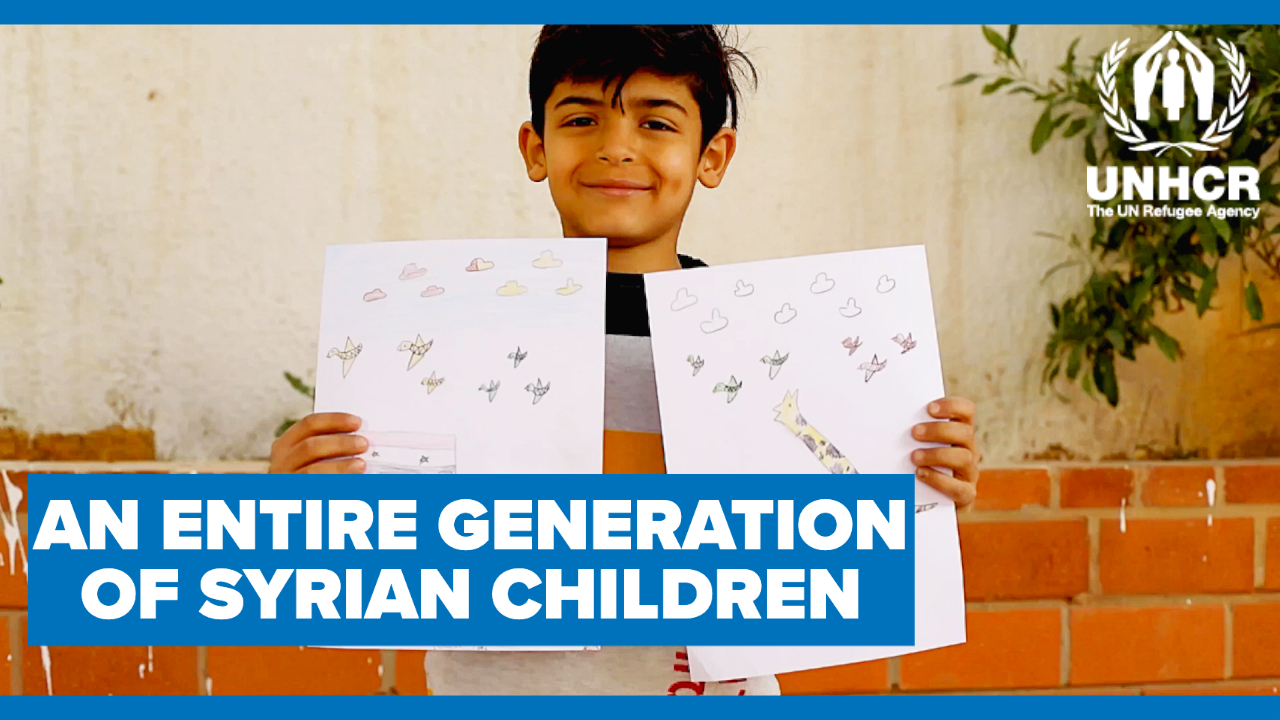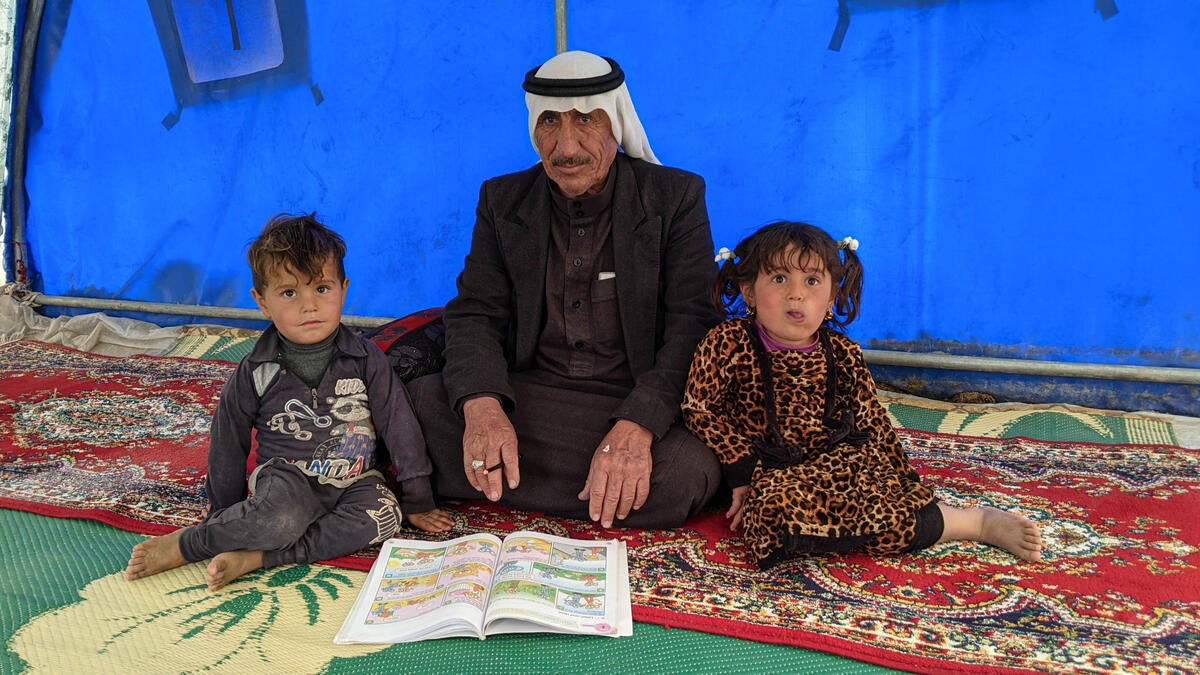Latest guidance on Iraqi asylum seekers
Latest guidance on Iraqi asylum seekers
UNHCR has issued new guidance to governments on the treatment of Iraqi asylum seekers, requesting a continued ban on forced returns - including rejected cases - to all parts of Iraq until further notice. UNHCR is also recommending that all Iraqi asylum seekers continue to be granted some form of temporary protection.
The advice follows similar recommendations issued in March, June, July, August and November 2003.
Iraq's Minister of Displacement and Migration, Mohammed J. Khodair, has specifically requested that UNHCR urge host countries not to encourage or force refugees to return to Iraq until the situation has improved.
The new advice draws attention to the generalized climate of instability and insecurity in Iraq, noting that "security incidents ... a continue with alarming frequency" and are increasingly targeted at Iraqis perceived to be supporting or collaborating with the Coalition Provisional Authority (CPA). Such targets include policemen, religious and community leaders, national staff working for foreign organizations, as well as the KDP and PUK administrators in Northern Iraq.
UNHCR also notes the potential for increased violence, given the persistence of extremist elements and tensions among Iraq's various ethnic and religious groups. This includes northern Iraq, which continues to experience sectarian tensions and land ownership problems related to the former regime's practice of large-scale forced displacement.
In addition to the security situation, there is a severe lack of housing, irregular provision of basic services, no effective judicial system or financial institutions, and an unemployment rate running as high as 60-70 percent.
Even though some voluntary repatriation movements have taken place, mainly to southern Iraq from Iran and from Rafha Camp in Saudi Arabia, UNHCR stresses that it is not promoting voluntary returns yet. We are, however, continuing to facilitate - as far as we are able under present circumstances - the return of individuals who express a clear wish to repatriate.
UNHCR stresses that, with no international staff inside the country, we are not in a position to monitor returnees, nor to provide them with any assistance once they are inside Iraq. UNHCR has, therefore, requested governments not to adopt any measures which are intended to encourage voluntary returns, including of rejected cases.
UNHCR has asked governments which have decided to resume the processing of asylum claims by Iraqis to take into consideration compelling reasons for non-return arising out of past persecution, as well as current international protection needs, including in particular persecution by non-state agents.
UNHCR will continue to watch the situation closely and, when appropriate, adapt its advice according to changing circumstances inside Iraq.








